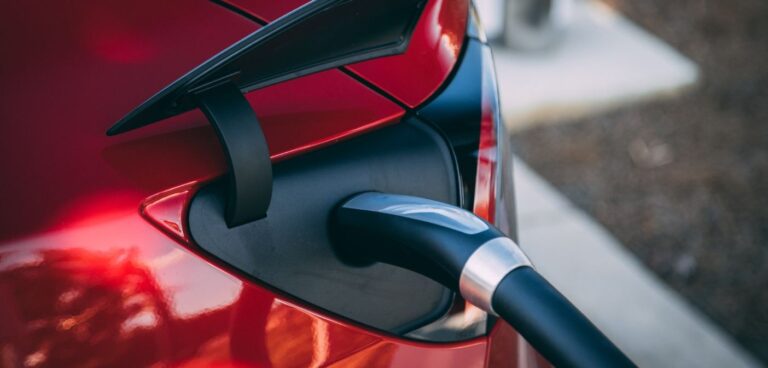Research from chargepoint provider Liberty Charge reveals that only 14% of UK councils have a dedicated resource for introducing new electric vehicle (EV) infrastructure, with a lack of funding and guidance meaning they can only allocate 15 hours per week to EV projects.
The study suggests that local authority strategies are falling massively behind national ambitions, with only 10% (30,290) of the 300,000 chargepoints requested by the government installed so far. It also claims that 90% of households are still more than a five-minute walk from their nearest charger.
Some 75% of authorities interviewed by Liberty Charge pointed to financial constraints as a barrier to infrastructure installation, with an additional 59% citing a lack of guidance from central government as a key obstacle.
Nearly three quarters (70%) of councils believe central government funding should be reallocated to address social inequity and improve accessibility in deprived or rural areas, rather than urban centres.
Of those surveyed, 77% agreed that investment from the government should be focused on ensuring every household, regardless of postcode, has access to a charging infrastructure.
Neil Isaacson, CEO of Liberty Charge, said: “We work very closely with many local bodies and in truth, the rollout of EV charge points is a brand new concept to many.
“We cannot just expect they all have the relevant experience and knowledge of how these networks work, nor can we just leave them to figure it out.
“There needs to be a cohesive strategy from the government as to how we tackle the challenges of resourcing, and having just 15 hours a week to dedicate to the issue is not enough to create a sufficient network for all drivers begin making the switch.”
In March this year, as part of its EV strategy, the government assigned £50m to local authority resources for the entire UK EV network. Liberty Charge suggests this amount is inefficient if the government wants to reach its projected goals for EV adoption.





